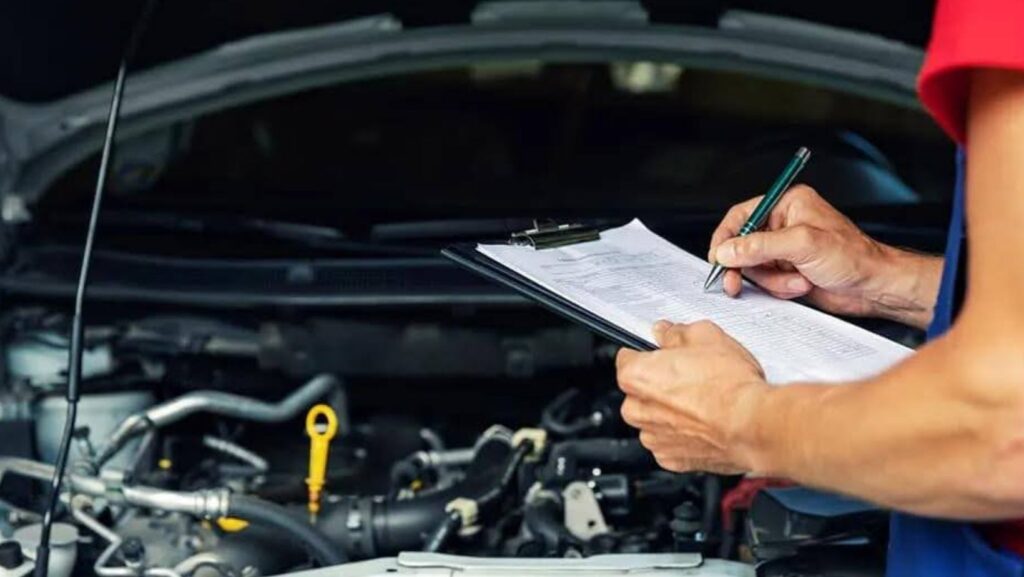
Every EGR system is designed to reduce emissions by recycling some exhaust gas back into the diesel engine intake system. Recycling exhaust gas does reduce emissions, but overtime it creates EGR problems for the diesel engine owner. For this reason, some people seek out EGR valve delete kits.
1. Carbon Buildup
Carbon build-up is another problem to consider when addressing EGR systems. Because exhaust gas contains soot and fuel particles, it takes little time for EGR systems to build up deposits. These deposits can coat the entire intake manifold and valves, and turbo in extreme cases.
Why is this a problem?
- Reduced airflow: Airflow is limited as the engine cannot “breathe” well enough.
- Lower efficiency: The engine becomes inefficient and has to burn more fuel to do the same work.
- Hard starts: extra buildup makes the engine work harder to ignite.
Diesel engine EGR problems can be resolved when EGR systems are deleted. Exhaust gas, soot and buildup are the primary contributors to the problems outlined when EGR systems are deleted.
2. Power Loss
For an engine to combust fuel properly, it needs to take in clean, fresh air. The EGR system reduces the oxygen levels in the combustion chamber by recycling some of the exhaust gas. Without enough oxygen, some of the fuel will not burn, or the combustion will not be complete.
Some symptoms will be:
- Acceleration will be slow.
- The throttle will be unresponsive.
- When an engine works with increased loads, it begins to overwork.
An engine’s power loss from an EGR system will recover because exhaust gas does not dilute the intake air, resulting in improved combustion and overall engine performance.
3. Fuel Economy
An engine will waste more fuel than it needs when it is burning fuel inefficiently, and the EGR system burning valve will cause the engine control unit (ECU) to waste more fuel by making improper adjustments to the air-fuel mixture.
Deleting the EGR will:
- Improve combustion, thus decreasing the amount of fuel wasted
- Burn more fuel by having more oxygen in the combustion chamber.
- Less carbon buildup results in less energy lost to friction.
For many vehicle owners, the most noticeable difference after removing the EGR system is fuel economy.
4. Increased Exhaust Temperatures
The functioning of the EGR system has the side effect of raising exhaust gas temperatures (EGTs). Increased EGTs can put the engine and turbocharger at risk of overheating or sustaining internal damage.
Engines with EGR deletes tend to ‘run cooler’ as hot exhaust gases are exchanged for fresh air, which results in lower exhaust temperatures and decreased turbo and piston stress.
5. EGR System EGR Valve Failure
The EGR valve is an EGR system component that is most commonly the cause of malfunction. Valves can get stuck open or closed and become ‘stuck’ as a result of soot build up and electrical issues. A ‘stuck’ valve results in rough idling, sluggishness, and potential engine stalling.
Costs associated with EGR valve replacement tend to be high and the replacement is likely to face the same issues in a matter of a few years. EGR deletes remove this weak link from the system completely.
6. Check Engine Light (CEL) and Error Codes
An EGR system problem can cause the check engine light to come on. The related trouble codes include the following EGR codes:
P0401: “Insufficient EGR Flow”
P0402: “Excessive EGR Flow”
P0405: “EGR Sensor Circuit Low”
These codes can be the reasons for failed inspections and can result in unnecessary costs due to repairs. There are fewer recurring error codes if the problem source is removed, and this is often the result of deleting the EGR.
7. Engine Knocking and Rough Idling
Excessive recirculated exhaust gases can interfere with the combustion process, and this is what will cause knocking, misfiring, and rough idling. This is often described as the engine “jerky” and “uneven” when the EGR is working improperly.
Removing the EGR will assist in the restoration of engine operation, as the combustion chamber will only contain “clean” air and fuel, removing excess recirculated exhaust gases.
8. Shortened Engine Life
Excessive cabin temperature soots, carbon, and exhaust defiles the cabin air, and causes engine components to loosen and fail prematurely. Engine parts like the pistons, cylinder walls, and turbochargers will exhaust faster if the engine sits idle.

An EGR delete will allow the engine to operate with cleaner air intakes, lower exhaust temperature, and decreased defiles. This is significant as the engine will operate with less strain which will allow for an increase in engine longevity.
Important Considerations Before an EGR Delete
Even though there are many benefits to performing an EGR delete, consider the following before proceeding:
- Legality: Consider the legality of EGR deletes. In some regions it is illegal to disengage an EGR system. Check local laws regarding vehicle modifications.
- Inspections: Certain areas may need emissions testing, and cars lacking an EGR might have trouble passing.
- Professional Installation: Badly done EGR deletes may have issues with the sensors and/or the ECU, so make sure to have it done professionally.
Conclusion
The Extended EGR system was introduced to lower emissions, but in practice, it causes trouble vehicle owners would rather avoid. Carbon buildup, power loss, higher fuel consumption, pressure loss, valve failures, and overall more frequent and costly repairs are just a few issues in the growing list.
An EGR valve delete kit can help address these problems by removing the source of many of them. However, anyone considering this option should weigh the benefits against local laws and inspection requirements.
Understanding how the EGR system works and the issues it causes is very important for vehicle performance, reliability, and overall EGR issues.



